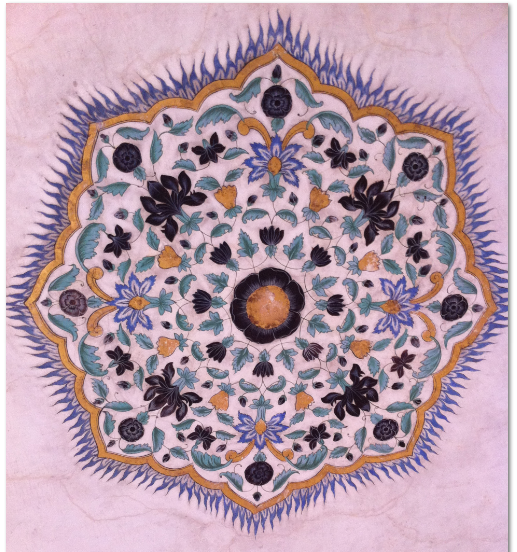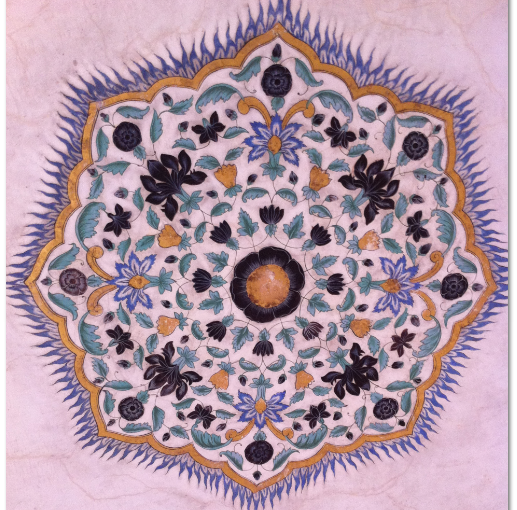
How can sustainability enhance the learning areas in curricula?
My favourite picture storybook is The Short and Incredibly Happy Life of Riley (Thank you Nuella.) You MUST read it. The message I took away was live simply so others can simple live. (Thank you Gandhi.)
A curriculum that has sustainable futures at its core will be a dynamic and value enriched program of learning. The ways in which we can meet our current needs without diminishing the environment or reducing the capacity of future generations to meet their own needs is what a sustainable future is about.
So as a learner and facilitator, I brainstormed all the concepts of a global curriculum centred around the functions of sustainability – cultural sustainability, economic sustainability, environmental sustainability and social sustainability …..so here goes…….needs and wants, human rights, politics, Millenium Development Goals, belief systems, value systems, gender equity, poverty reduction, global cooperation, interconnection, human well being, peace, resolving conflict, partnerships, trade, water, forests, natural hazards and disasters, biodiversity, food security, endangered species, energy, desertification, effects of climate and its change, trading fairly, education, identity, child Rights, Agriculture, ethical consumerism, migration, immigration, refugees, population, intercultural understanding, cultural diversity, connections to the past, indigenous culture, global health…… phwew!! And that’s just for starters.
Write down these learning areas- Civics and Citizenship, Geography, Science, History, Technologies, Maths, The Arts, English, Health and Phys Ed, Languages and Economics.
Now try and fit any one of the concepts above under just one learning area. Can’t choose? That’s because sustainability and global learning cross all areas of the curriculum. A rich curriculum has interconnected learning.
The best way to work out where you can work with these concepts in your curriculum is to do a concept map.
Take a look at your existing curriculum. Could you enhance it and open the eyes of your learners a little wider by including a concept around sustainability?


 om HR, L&D, the arts and education backgrounds, we introduced ourselves and got straight down to talk. Multi tasking whilst sending caffeine through our chilled bodies we working onour own and yet together. The chat centred round systems and processes and how workplace hierarchies and management affect organisation outcomes. Social learning and visibly shared thinking seemed to be the indicator of importance to each of our industries. To what extent did this and collaboration take place? Were desired outcomes instigated and produced by input from all or from leadership only? After photos, tweeting, new followers and the excitement that comes from hearing new perspectives over good coffee, we ventured out into the Melbourne winter, richer and wiser, ready to head back into our own domains.
om HR, L&D, the arts and education backgrounds, we introduced ourselves and got straight down to talk. Multi tasking whilst sending caffeine through our chilled bodies we working onour own and yet together. The chat centred round systems and processes and how workplace hierarchies and management affect organisation outcomes. Social learning and visibly shared thinking seemed to be the indicator of importance to each of our industries. To what extent did this and collaboration take place? Were desired outcomes instigated and produced by input from all or from leadership only? After photos, tweeting, new followers and the excitement that comes from hearing new perspectives over good coffee, we ventured out into the Melbourne winter, richer and wiser, ready to head back into our own domains.

